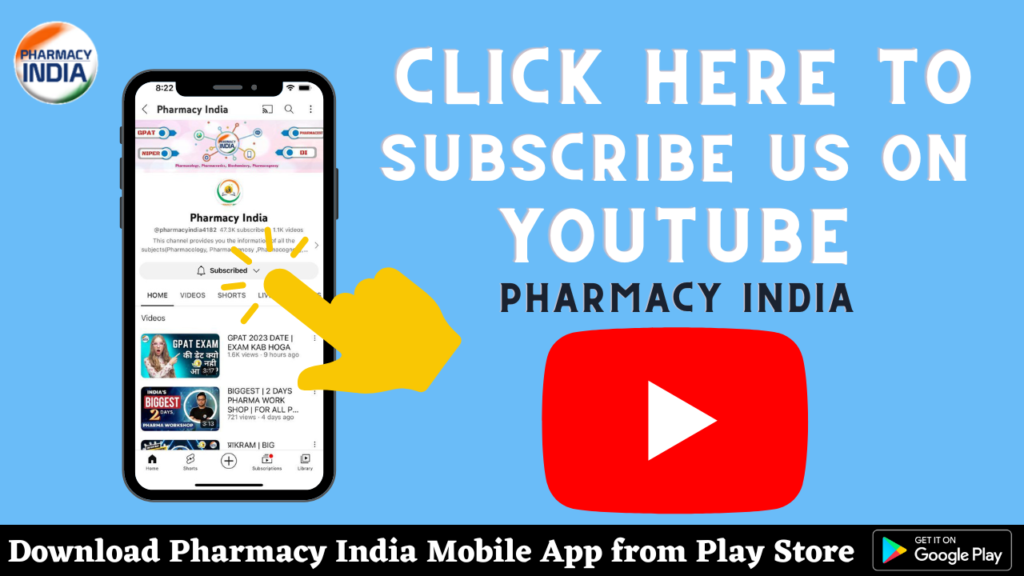According to a pilot study conducted by NITI Aayog and Terumo Blood and Cell Technologies (TBCT), the public-private partnerships (PPP) model has improved the functioning of blood transfusion services by 37% in districts of Uttar Pradesh (UP). The areas that underwent the greatest improvement when delivering blood transfusion services. The prompt supply of safe blood and blood components is essential to the efficient operation of contemporary healthcare facilities. The World Health Organization (WHO) suggests that 1% of the population donate blood as the minimal standard for a country to be able to supply its own blood needs. Despite consistent advancements over the years, there was a 4% deficit of blood units collected in 2018 compared to the WHO baseline.
Moreover, the low volume of voluntary blood donation, lack of knowledge, waste, and subpar supply chain management all contribute to the widening gap between clinical demand and supply. In addition to the quantity of blood collected, it is crucial to guarantee that there will be blood available when it is needed. With the aid of brand-new, cutting-edge blood and cell therapies, TBCT specialises in blood management, blood component, therapeutic apheresis, and cellular technologies to make safer and higher-quality blood transfusions available. It is one of the six innovation and development centres that Terumo Group, which was established in 1921 and has its headquarters in Tokyo, Japan, has established around the world.
At Robertsganj and Sonbhadra, both in the state of Uttar Pradesh, the NITI Aayog-TBCT pilot assessment on the improvement of blood banks in low resource setting infrastructure has revealed the viability of small-scale interventions via PPP model in blood transfusion services. The importance of timely access to safe blood and blood components as well as safe, equitable, and sustainable access to blood transfusion services is emphasised in the report. TBCT offered to assist in enhancing the provision of blood bank services in a few of the designated districts. Following that, NITI Aayog, TBCT, and Uttar Pradesh National Health Mission (UP-NHM) signed a tripartite statement of intent (SOI).
Following discussion, it was decided to carry out a pilot evaluation of the current blood transfusion infrastructure in Roberts Ganj, Sonbhadra district, one of the aspirational areas in Uttar Pradesh. The suggested course of action called for external experts to first evaluate the current blood transfusion services, then create an improvement plan, conduct follow-up monitoring by physical visits, and transfer the lessons learned to other districts for more improvement. An action plan for interventions was created to address the areas that the evaluation conducted by the outside experts highlighted as needing attention. Officials from the Robertsganj Blood Bank and the Uttar Pradesh National Health Mission (NHM) carried out the plan. The strategy aimed to improve the blood bank’s infrastructure, change the capabilities of its human resources, and ensure that procedures were followed.
In order to facilitate transportation and ensure timely supply of blood and its products, the Government of India allowed bulk transfers of blood and its components between blood banks in 2016. To improve India’s public health system, a number of other efforts have been launched, such as the Transformation of Aspirational Areas initiative, which aims to address the SDG 2030 goals. TBCT contacted NITI Aayog in April 2018 to talk about its issues around blood and access to safe blood transfusions. In collaboration with TBCT, NITI Aayog also released a report titled “A Guide for the Improvisation of a Blood Bank in a Low-Cost and Resource-Intensive Environment.”




